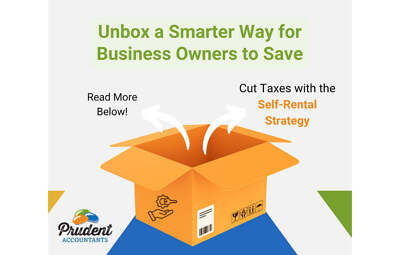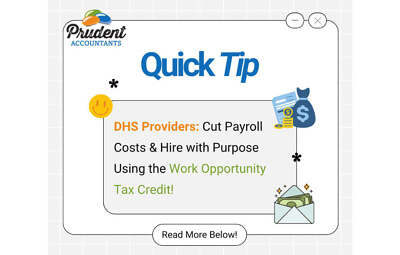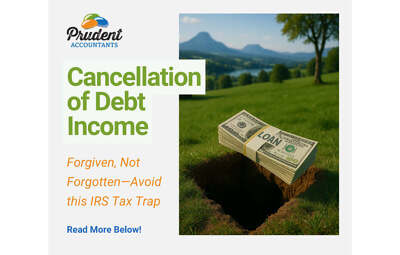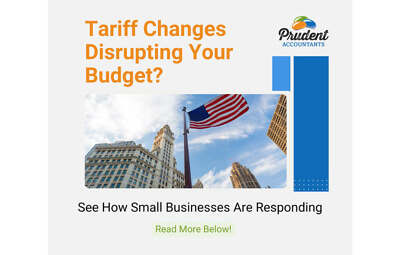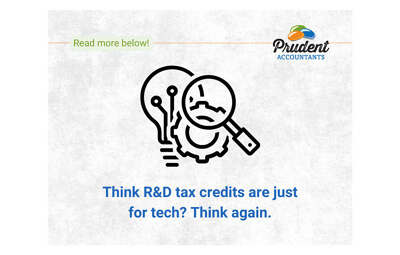Health Product Exemptions – Industry Guide
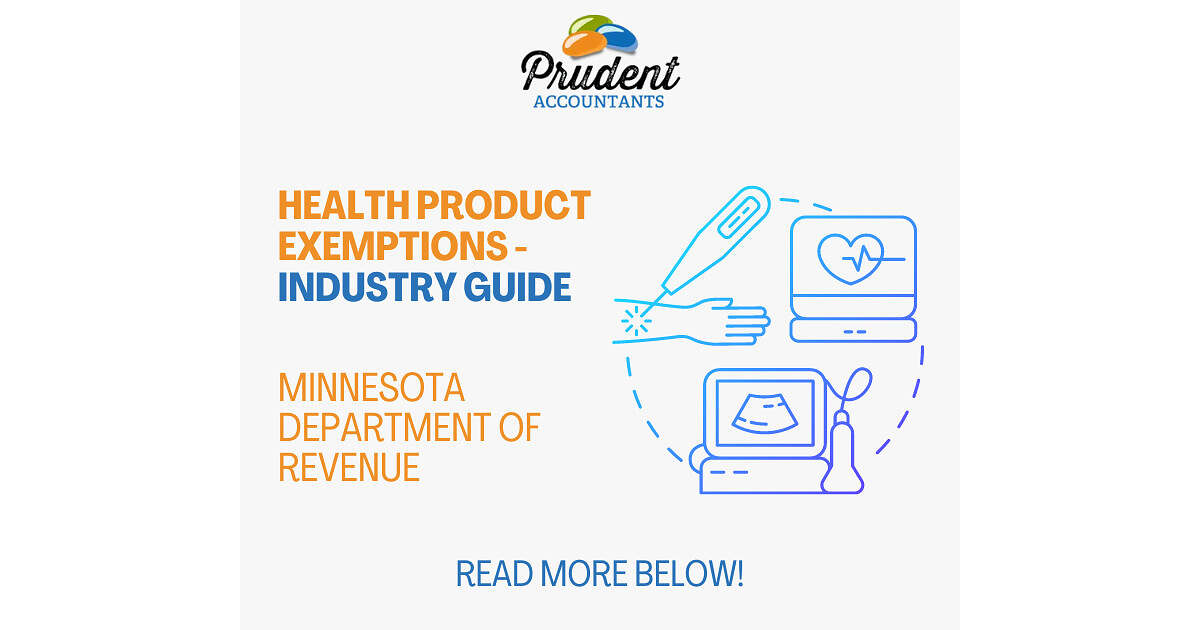
This fact sheet describes exemptions allowed for specific health products.
Baby Products
The following baby products are exempt from sales tax:
- Baby bottles and nipples
- Breast pumps
- Diapers (cloth and disposable)
- Diaper liners
- Infant syringes
- Pacifiers
- Nursing bra pads (see the Clothing Fact Sheet)
- Teething rings
The following baby products are taxable, unless they meet the definition of over-the-counter drugs:
- Baby lotion, oil, powder
- Creams
- Ointments
The following baby products are taxable, even if a prescription is provided for it, if the packaging includes a “drug facts” label or statement of active ingredients:
- Baby shampoo
- Soap
- Suntan lotion
- Sunscreen
- Toothpaste
For more information, see the Drugs and Grooming and Hygiene Products Fact Sheet
Chair Lifts, Ramps, and Elevators
Chair lifts and ramps that qualify as mobility enhancing equipment are exempt from sales tax. For more information, see the Mobility Enhancing Equipment Fact Sheet..
Elevators and building materials used to install or construct a chair lift, ramp, or elevator are taxable at the time of purchase. However, if they were authorized by a physician and installed in or attached to the owner’s homestead, they are eligible for a refund of the sales tax paid.
To apply for a refund, file Form ST11, Sales and Use Tax Refund Request. Attach a physician’s prescription for the items purchased and copies of vendor invoices showing the tax paid. You can find Form ST11 on our website. Go to www.revenue.state.mn.us and type ST11 into the Search box.
Diabetic Equipment and Supplies
Single-use finger-pricking devices for the extraction of blood, other single-use devices, and single-use diagnostic agents used in diagnosing, monitoring, or treating diabetes are exempt from sales tax. This exemption applies for both home and non-home use.
Reusable medical equipment, such as finger-pricking devices and blood glucose monitoring machines, are exempt as durable medical equipment for home use. These items are taxable for non-home use.
Kidney Dialysis Equipment
Kidney dialysis equipment, including repair and replacement parts, are exempt from sales tax whether sold for home or non-home use. For more information, see the Durable Medical Equipment Fact Sheet.
Feminine Hygiene Products
Feminine hygiene products are exempt from sales tax. Examples include:
- Tampons
- Sanitary napkins
- Panty liners
However, feminine sprays and cleansing products, such as douches and wipes, are taxable.
Yeast infection medications are usually exempt because they qualify for the over-the-counter drug exemption. For more information, see the Drugs and Grooming and Hygiene Products Fact Sheets.
Food, Diet, and Nutritional Products
Food and food ingredients are generally not taxable.
Meal substitutes labeled with “Nutrition Facts” are not taxable.
Dietary supplements, including vitamins and minerals, labeled with “Supplement Facts” are taxable. For more information, see the Food and Food Ingredients and Dietary Supplements Fact Sheets.
Handicapped-Accessible Vehicles
If a vehicle is modified to make it handicapped accessible, parts, accessories, and the labor to modify it are exempt from sales tax. To claim this exemption, attach a statement describing the modifications and their value to the application for title.
If the modifications are made after the vehicle is purchased, give the seller a completed Form ST3, Certificate of Exemption. Specify the Handicapped accessible (vehicle costs) exemption. You can find Form ST3 on our website. Go to www.revenue.state.mn.us and type ST3 into the Search box.
Miscellaneous
Pharmaceutical Samples
Items that qualify for an exemption from sales and use tax also exempt from sales and use tax when given by manufacturers or distributors as samples. Accounting records must clearly identify exempt samples from taxable samples.
If a manufacturer gives free samples of taxable items to distributors, the manufacturer owes Minnesota tax on their cost of the samples.
If a manufacturer of taxable items sells samples of taxable items to Minnesota distributors who will give them away, the tax is due on the manufacturer’s selling price to the distributors.
Medical Records
Charges for copies of medical records are taxable, including retrieval fees, even if they are separately stated on the invoice.
Combination Sales (Bundled Transactions)
When a bundled transaction includes drugs, durable medical equipment, mobility enhancing equipment, over-the counter drugs, prosthetic devices, or medical supplies, special rules apply. The sale may or may not be taxable. The sale is taxable if:
- The seller’s purchase price of the taxable items in the transaction is more than 50% of the total purchase price of all of the items in the transaction
- The seller’s sales price of the taxable items in the transaction is more than 50% of the total sales price of the transaction.
Sellers cannot use a combination of the purchase price and sales price when making the 50% determination.
Use Tax Due
Use tax is due on the seller’s cost of taxable items included in the bundle if:
- The retail sale of the bundled transaction is not taxable, and
- The seller’s purchase price of all taxable items in the bundled transaction is more than $100.
Examples
- A medical stapler loaded with staples for sutures is sold for $10.00. The seller’s purchase price of the stapler is $2.00 and the staples are $6.00. The sale of the stapler is not taxable since the taxable item in the sale (stapler) is less than 50% of the total purchase price of all the items in the sale. The seller does not owe use tax on the taxable items because their purchase price is less than $100.00.
- Surgical kits that contain a prosthetic device and disposable surgical instruments for implanting the prosthetic device are sold for $500.00. The seller’s purchase price of the nontaxable prosthetic device is $300.00 and their cost of the taxable surgical instruments is $150.00. Sales of the surgical kits are not taxable because the
seller’s purchase price of the taxable items (surgical instruments) is less than 50% of the total purchase price of all of the items in the sale. The seller owes use tax on their cost of the taxable items in the sale since the taxable items cost the seller more than $100.00.
For more detailed and specific information on Health Product, you can contact Prudent Accountants, or visit at Health Product Exemptions – Industry Guide

